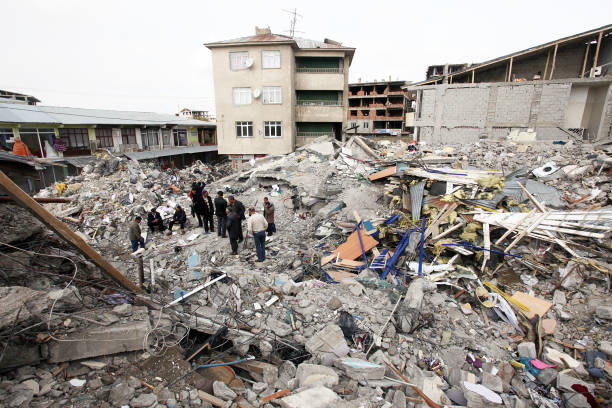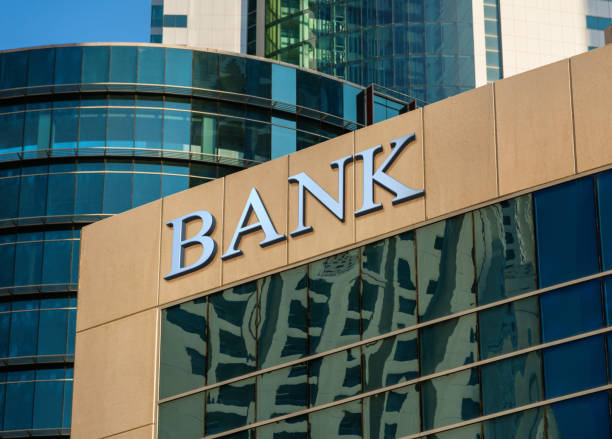News
Turkey earthquake is not the first one: read more
The Middle East is located in an active seismic zone, where the Arabian Plate and the Eurasian Plate meet, resulting in frequent earthquakes and other geological hazards. Khow more about these developments.
Advertisement

The Middle East region is known to be seismically active, and earthquakes are not uncommon in the area. In recent years, there have been a number of earthquakes in the Middle East region that have had significant impacts on local communities.
One of the most devastating earthquakes in the region in recent years was the 2017 earthquake that struck the Iran-Iraq border region. The earthquake had a magnitude of 7.3 and caused significant damage and loss of life in both countries. According to the United Nations, the earthquake resulted in the deaths of more than 600 people, with thousands more injured or displaced from their homes.
The earthquake also had significant impacts on infrastructure and the economy in the affected regions. Homes, businesses, and schools were destroyed, and there were disruptions to transportation and other essential services. The earthquake also had impacts on the environment, with landslides and other geological disturbances causing damage to natural habitats and ecosystems.
In the aftermath of the earthquake, international aid organizations and governments provided assistance to support the recovery efforts in the affected regions. This included financial aid, medical and other emergency supplies, and support for rebuilding homes and infrastructure.
While earthquakes are not uncommon in the Middle East region, the 2017 earthquake was a particularly devastating event that had significant impacts on the affected communities. Ongoing efforts are needed to support the recovery and rebuilding efforts in the affected areas and to better prepare for future earthquakes and natural disasters in the region.
The Middle East region is known to be seismically active, and there have been a number of significant earthquakes in the area throughout history. Some examples of notable earthquakes in the Middle East include:
- 893 AD: An earthquake in the Persian Gulf is thought to have caused a tsunami that devastated the port city of Basra in modern-day Iraq.
- 1759: An earthquake in the region of Tabriz in modern-day Iran is thought to have resulted in the deaths of up to 300,000 people.
- 1837: An earthquake in Damascus, Syria resulted in the deaths of an estimated 5,000 people and caused significant damage to the city’s architecture and infrastructure.
- 1927: An earthquake in the town of Jericho in modern-day Palestine caused significant damage and resulted in the deaths of around 500 people.
- 2017: The earthquake that struck the Iran-Iraq border region in November 2017, which had a magnitude of 7.3 and resulted in the deaths of more than 600 people.
These earthquakes and others have had significant impacts on the affected communities, resulting in loss of life, damage to infrastructure and homes, and disruptions to local economies. In response to these events, there have been ongoing efforts to promote earthquake preparedness and to support recovery and rebuilding efforts in affected areas.
In addition to natural tectonic activity, the Middle East is also vulnerable to earthquakes due to the region’s geology and infrastructure. Many of the buildings and infrastructure in the region are not designed to withstand earthquakes, which can lead to significant damage and loss of life when earthquakes occur.
Despite these challenges, there have been ongoing efforts to promote earthquake preparedness in the Middle East and to improve infrastructure and building codes to better withstand seismic activity. In addition, international aid organizations and governments have provided support for recovery and rebuilding efforts in the aftermath of major earthquakes in the region.
Overall, while earthquakes are a significant challenge for the Middle East, ongoing efforts are being made to address these issues and to promote the safety and wellbeing of communities in the region.
Trending Topics

Fidelity Bank: Apply now!
Fidelity Bank is committed to financial inclusion, working to provide access to banking services and financial education to communities.
Keep ReadingYou may also like

Sterling Bank: Apply now!
Sterling Bank is also a leader in sustainability and corporate social responsibility, making a positive impact in communities across Nigeria.
Keep Reading
Review Stanbic IBTC Visa Platinum Naira
You need to know the visa platinum naira credit card! It gives you access to over 700 Priority Pass lounges and much more!
Keep Reading

